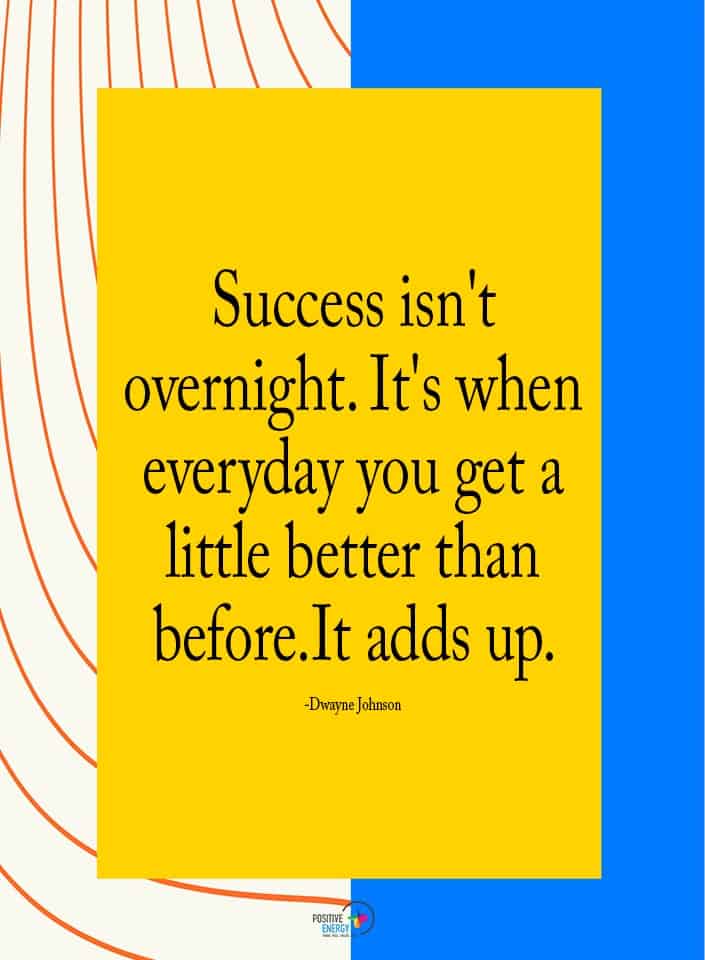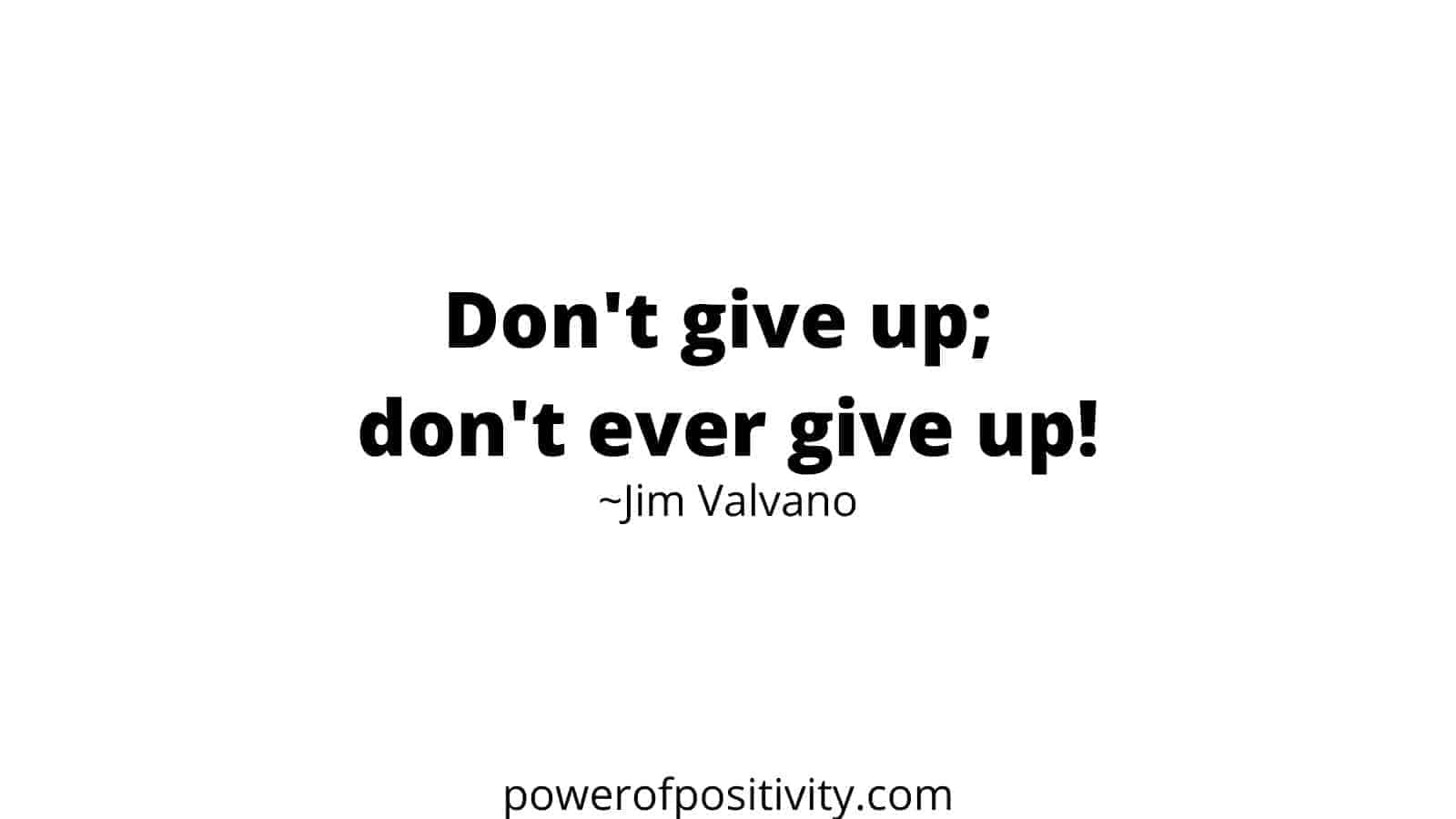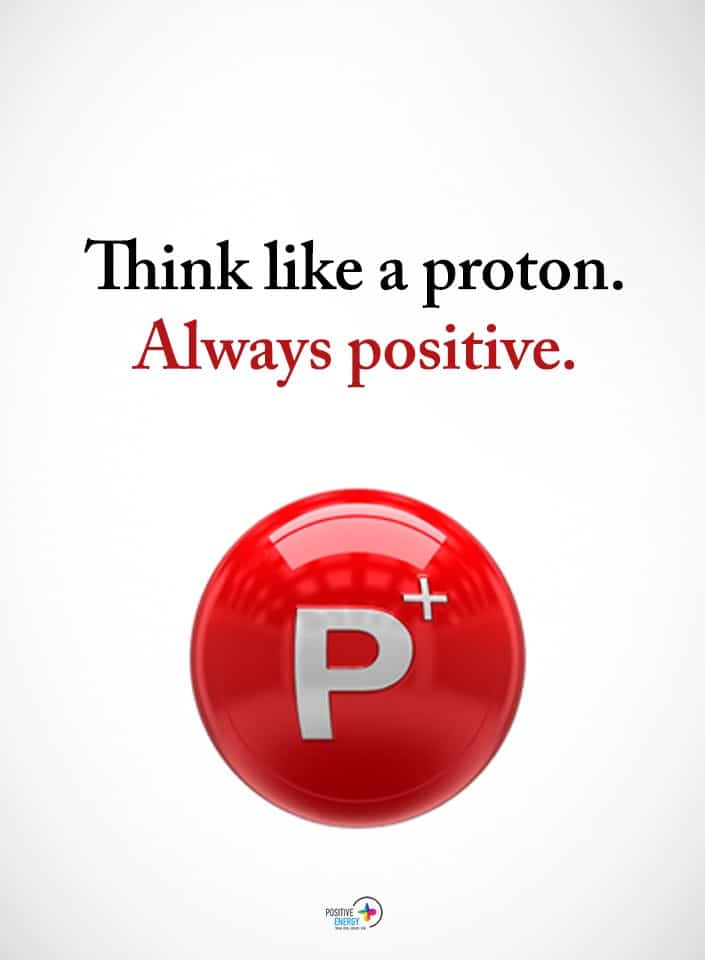Productivity refers to being effective, efficient, and timely in finishing tasks, whether self-assigned or related to work and responsibilities. Being highly productive is a skill and trait that is pretty hard to master.
Many people joke about their lack of productivity as a result. But really, you know that it’s not a laughing matter.
If you’re one of those people who finds it tough to get things done, you may be doing a few things that seem beneficial but are jeopardizing your ability to be efficient. Here are four habits to let go of to become highly productive in life.
1. Overloading Yourself
One of the main enemies of productivity is being overwhelmed. When you’re overloaded, you can’t focus on individual tasks nearly as well. This is why so many people are stumped as to their lack of productivity. They don’t realize that having a lot to do is often counterproductive for their motivation. Here are some ways you may be overloading yourself!
· Having Too Many Options
Having lots of choices sounds good on paper, but it can give you fatigue trying to weigh them all and choose from them. All that information can shut down your brain, ruining your attempts at being productive altogether and degrading your positive thinking.
· Using A Lot Of Tools
Similar to having too many options, this sounds nice on paper. If you work in a field that requires a fair number of tools and methods, it’s easy to accidentally give yourself a million different methods to use for every single little task. It’s best, however, to find few tools that perform many uses as opposed to many tools that perform few uses. The latter, after all, is how you wind up with so much to keep track of in such inconvenient ways!
· Multitasking
A lot of people are oddly proud of their ability to multitask. Scientifically, though, there are few positive effects of such behavior. It actually slows you down and makes it harder for you to be productive – and if you do speed up, it makes it more likely that the results are of low quality. Some tasks can be done simultaneously, like small things such as brewing yourself a drink while you listen to voicemails. Tasks that require more focus, however, should not be done at the same time.
· Always Saying Yes
You can’t commit to everything, and you shouldn’t feel like you have to always say yes to people’s requests for your assistance. You don’t owe them your efforts, and it’s okay to turn a few people down. Don’t forget that you’re showing others that you’re always available and opening yourself up to being taken advantage of by being a yes-man.
· Filling Up Your Calendar To The Brim
Just because it can fit on a schedule doesn’t mean that it should be there. Not only does squeezing tasks mean you have no wiggle room for unexpected events or changes, but it also means you have no time to breathe or to have to yourself. That tires you out and can lead to unproductive burnout!
· Trying To Do It All Alone
Being independent is great, but there’s a point where it’s taken too far, and you feel that you have to only rely on yourself. Learning when to ask for help or, if you’re in a leadership position, learning to delegate tasks allows for better productivity. It can be hard to trust other people, but you can’t build that trust if you never give others a chance to prove their capabilities.
2. Never Planning, or Not Planning Well
Planning is central to all productivity. If your planning is done positively, you get positive results. And, of course, the opposite is also true. If you don’t plan well, your productivity will quickly tank, and you’ll wind up wondering why you have all these plans and still can’t get things done. It’s yet another counterproductive action that many people are surprised doesn’t work! Here are some ways you’re not planning well:
· Never Planning Ahead
It’s okay to enjoy being spontaneous, but some things do need planning. Keep track of your deadlines, write lists for things you need to remember and develop a plan for complex tasks. If you don’t, you may wind up messing up and not doing what needs to be done. Research shows that this will have positive effects on your productivity!
· Not Creating A Work Routine
The human brain functions best in routine. It allows you to continue functioning on all days by doing things you’re used to and know well. If you want to get into a productive mindset, getting into gear with the same routine whenever it’s work time can be positive for your ability to get to your tasks. So build those pre-work habits!
· Having A Huge To-Do List
Being overzealous with planning can make you feel motivated at first, but let’s be real – the chances of you actually doing all of that is pretty slim! As the day wears on, you’ll find yourself feeling more panicked and overwhelmed, and then your productivity will tank. Worse still, you’ll feel bad that you didn’t get things done, and your positive thinking will only drop further from there. Stick to a to-do list with a maximum of 5 tasks per day instead!
3. Getting Distracted Easily
One of the widespread ways that productivity gets tanked is via distraction. There are distractions virtually everywhere, and if you give into them even a little bit, you may find that you’ve gotten nothing done after devoting what feels like barely any time at all to a random distraction. Here are some examples of distractions that may be getting in the way of your tasks:
· Mobile Devices
A quick check of your smartphone can devolve into your interest being piqued by a social media notification, leading to scrolling for an hour. Or it can cause you to get caught up in a group chat that’s been going for hours and isn’t dying down in activity anytime soon. Don’t check your phone unless it’s relevant for work or you’re on a break – and that applies to all mobile devices! Keep them in silent mode if you have to!
· Environmental Noise
A noisy environment is hard to ignore. Try and set up a quiet workspace or ask those around you to respect your professional life kindly. This is especially true if you don’t work in a traditional office environment or work from home.
· Emails
Checking emails is often a part of work. But that doesn’t mean you should obsess over it constantly throughout the day. The temptation to check your emails leads to the desire to reply to them, which can effectively distract you from your current task.
Have one or two set times daily to check and reply to emails. Or if you get a lot of them, set hour-based intervals for when you’ll check them. Then, set a time for reading and replying to them. Don’t go into your inbox otherwise unless you’re specifically asked to or if it’s relevant to your current task!
· Chores and Domestic Duties
You likely have to balance both work and home responsibilities – and they’re effortless to use against each other as distractions for one another! Dedicate precise times to each form of accountability. You can do chores either before or after work and keep work time set and sacred. You should also find quiet corners to work in, as tasks around you may also distract your workflow.
· Family Obligation
No, this doesn’t mean to put work above family! It only really applies if you’re working from home. Sometimes, family members, especially children, may not understand that the fact that you’re working from your house means you’re still correctly, professionally busy. It’s tempting to cave into your kids asking to play or your partner asking you to do something for them. Set boundaries clearly: your work times are specific hours, the same as anyone who works in an office, and as soon as that time is up, then you’ll be free to do things with them.
4. Perfectionism
Perfectionism is often framed as a trait that is nothing but positive. In reality, as a concept, it’s entirely flawed and even harmful to your self-esteem and everyday productivity. This is because:
· Your Standards Are Impossible
Literally, no one is perfect! The drive for perfection is one doomed to fail from the start. It’s good to hold yourself to high standards and push yourself to work well, but once those standards are not reachable, you’re just heading for a blow to your self-esteem when you fail.
· You’re More Indecisive
The need for perfectionism means you may feel that you must weigh every single possible pro and con before making a choice, even when everything is reasonably balanced in good and bad sides. It’s good to take time to consider things so you’re not impulsive, but there’s a point where decision-making becomes more critical than mulling it over. The longer you spend making a decision, the less time you have left to move on to the next step or return to your actual tasks.
· You Get Thrown Off By Anything Unexpected
Perfectionism often includes a need for control. But life isn’t always going to go to plan, and things will happen that you couldn’t predict – and you’ll find setbacks and mistakes, too. When you’re too much of a perfectionist, you don’t know how to respond to unexpected events, slowing you down.
· You Literally Spend Too Much Time Worrying About Productivity
It’s not productive to overthink productivity! If you’re a perfectionist, you may beat yourself up for any perceived slowness, even unreasonably so. That makes it even harder for you to get things done, and it erodes your positive thinking.
So, how can you overcome those aspects of perfectionism? Try:
- Learning to get comfortable with mistakes and failure
- Finding lessons and silver linings in difficult situations
- Becoming a self-proclaimed completionist that wants to finish whatever they start as well as they can, even if it isn’t perfect
- Focusing on the act of ending something and pat yourself on the back for completion
Final Thoughts On Some Habits To Let Go To Become Highly Productive In Life
Productivity isn’t easy to come by. But once you learn to drop habits that hinder your ability to be highly productive, it will all become more manageable. If you are significantly struggling with productivity to a point where daily tasks feel impossible, you should speak to a doctor for a professional opinion.



















